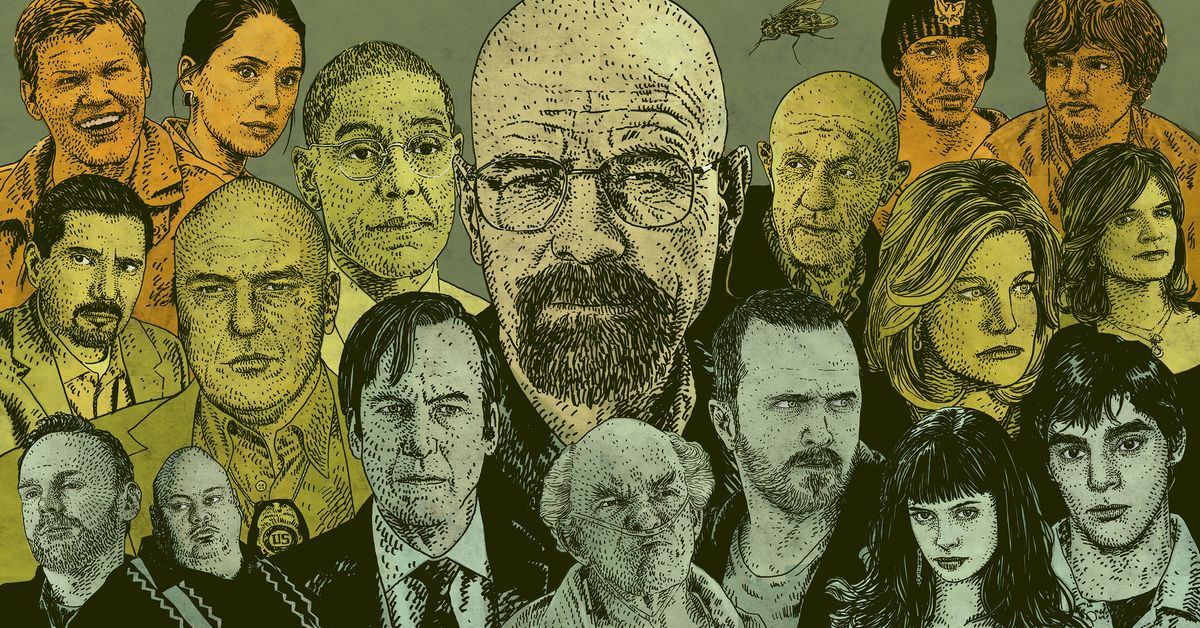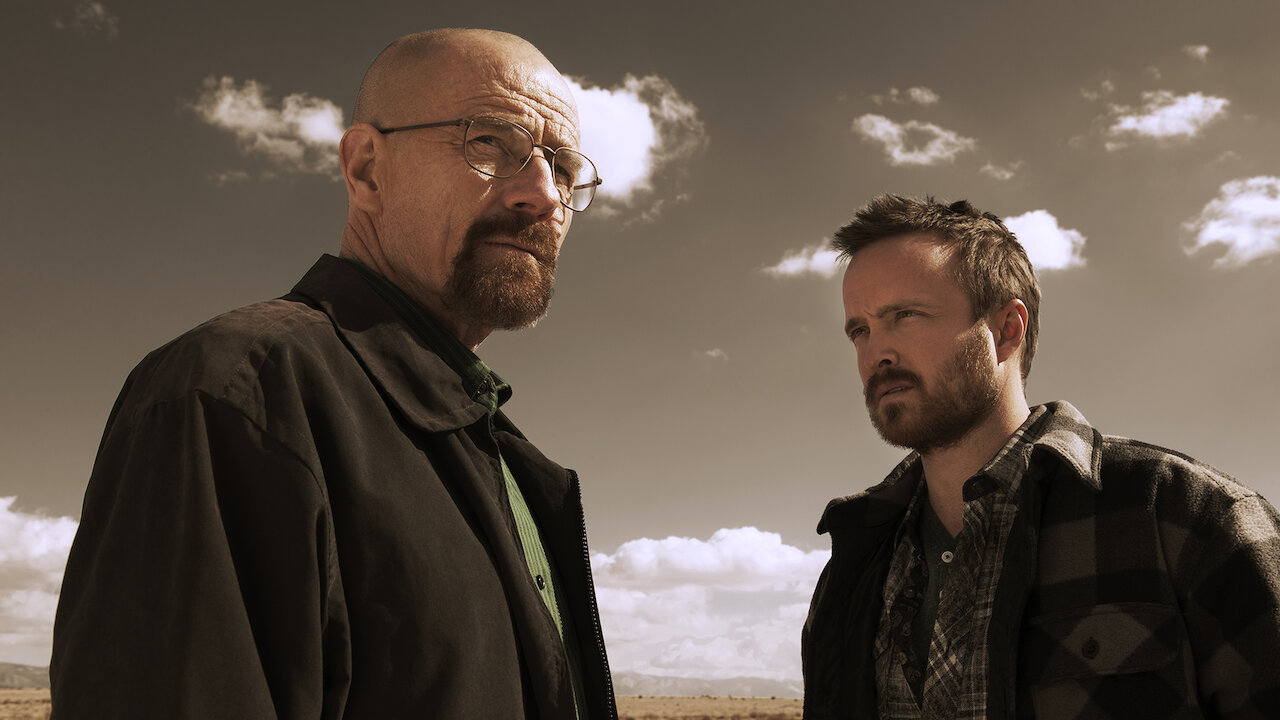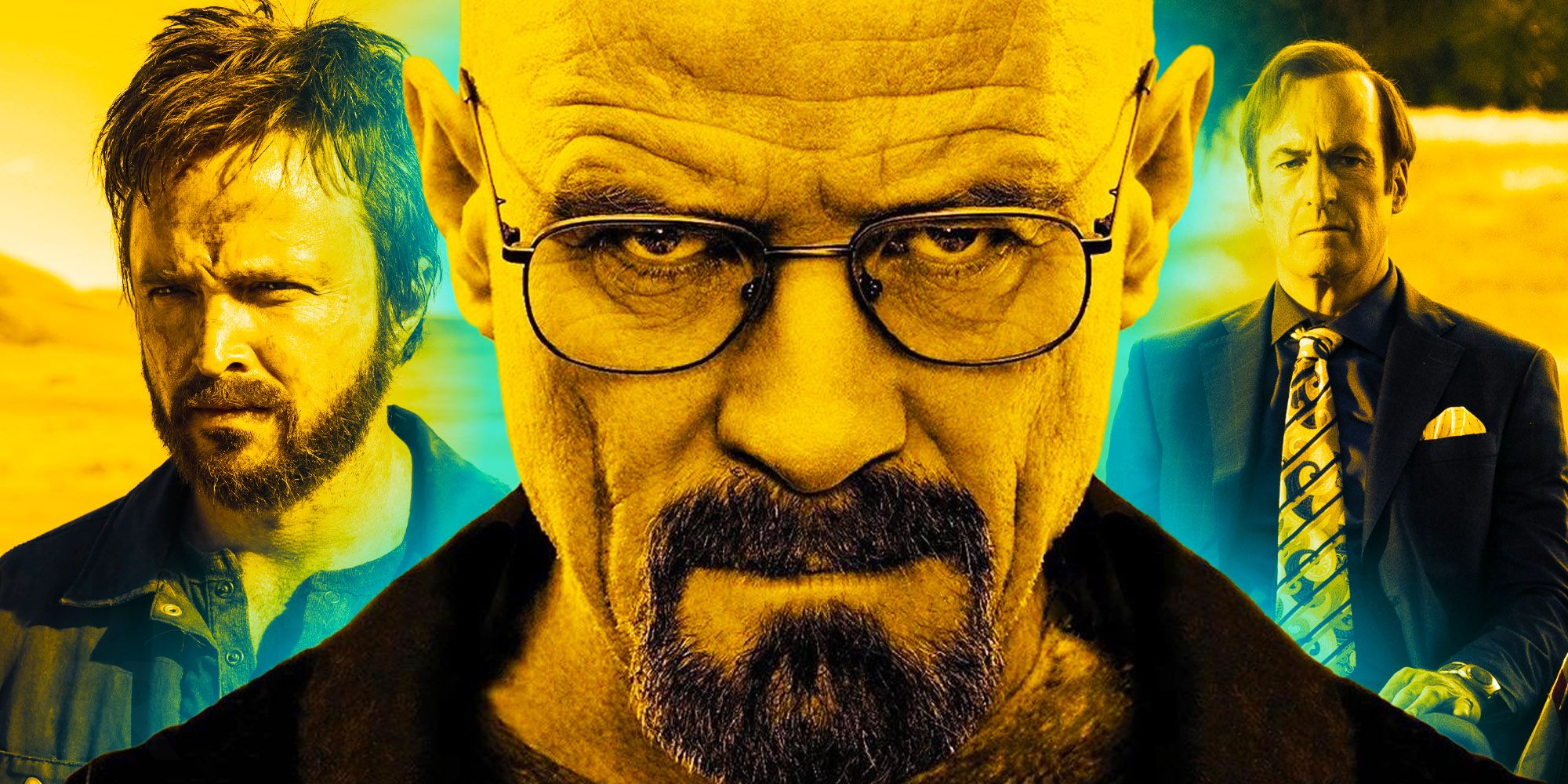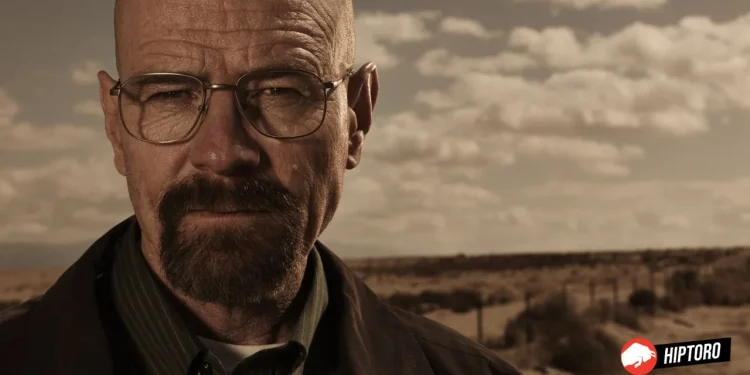In the sprawling narrative of “Breaking Bad,” a show celebrated for its intricate character arcs and moral complexities, Skyler White stands as a pivotal figure whose fate almost took a turn for the tragic. The series, renowned for its portrayal of Walter White’s descent from a humble chemistry teacher to a ruthless drug lord, initially envisioned an ending for Skyler that would have cast Walter in an irredeemably dark light, altering the show’s dynamic entirely.

Skyler White: From Innocent Bystander to Central Player
Skyler White, portrayed with nuance and depth by Anna Gunn, is introduced as Walter White’s unsuspecting wife, gradually entangled in the web of lies and criminal undertakings that define Walter’s secret life. Her journey from ignorance to complicity and moral resistance marks one of the show’s most compelling arcs, illustrating the profound impacts of Walter’s choices on his family.
A Tragic End That Never Came to Be
The creators of “Breaking Bad,” led by Vince Gilligan, initially planned a much darker conclusion for Skyler’s storyline. In this unrevealed path, Skyler was to meet her end through suicide, a victim of the unbearable pressures and moral decay brought upon by Walter’s actions.
This would have been depicted in a heart-wrenching scene where Walter finds Skyler in a motel bathroom, her life tragically ended by her own hand. This narrative choice would have starkly highlighted the destructive consequences of Walter’s ambition and deceit, casting him as an even more malevolent figure.

The Turning Point of Skyler’s Arc
Reflecting on the show’s direction, it becomes clear that maintaining Skyler’s survival was not only a narrative decision but a moral one. By allowing her character to endure and confront the chaos of Walter’s making, “Breaking Bad” preserved her agency and complexity, showcasing her as a beacon of resilience and moral clarity amidst the turmoil.
Skyler’s journey through discovery, confrontation, and ultimate survival offered a counterpoint to Walter’s spiraling descent, providing the narrative with a crucial balance between right and wrong, redemption and damnation.
Sometimes I forget how Breaking Bad's English dubbing was wild pic.twitter.com/Eo5gF8W3kE
— Playing Daft Punk to the rock kidz (@UnserviceableP) February 19, 2024
Walter White: The Man Beyond Redemption
Had the original ending for Skyler been realized, Walter White’s character would have crossed a threshold beyond which audience sympathy might never return. His narrative, already teetering on the brink of moral bankruptcy, would have plunged into the depths of outright villainy. The decision to keep Skyler alive allowed for a more nuanced portrayal of Walter, one where his actions could still be critically examined and debated rather than universally condemned.

The Right Choice for “Breaking Bad”
The decision to alter Skyler’s fate from one of despair to one of survival underscores a critical aspect of storytelling in “Breaking Bad”: the power of redemption and the significance of choice.
By choosing a path of resilience for Skyler, the show emphasizes the possibility of endurance and moral fortitude in the face of overwhelming darkness. This choice not only preserved the complexity of its characters but also ensured that “Breaking Bad” remained a tale of nuanced moral dilemmas, rather than a straightforward descent into villainy.
“Breaking Bad,” with its rich tapestry of characters and moral complexities, remains a landmark in television history. Its choice to navigate the darker aspects of human nature while preserving the integrity and agency of its characters like Skyler White is a testament to the thoughtful storytelling that defines the series.
As viewers reflect on the show’s legacy, the fate of Skyler White serves as a poignant reminder of the thin line between redemption and ruin, a theme that resonates deeply in the saga of Walter White and the world of “Breaking Bad.”










